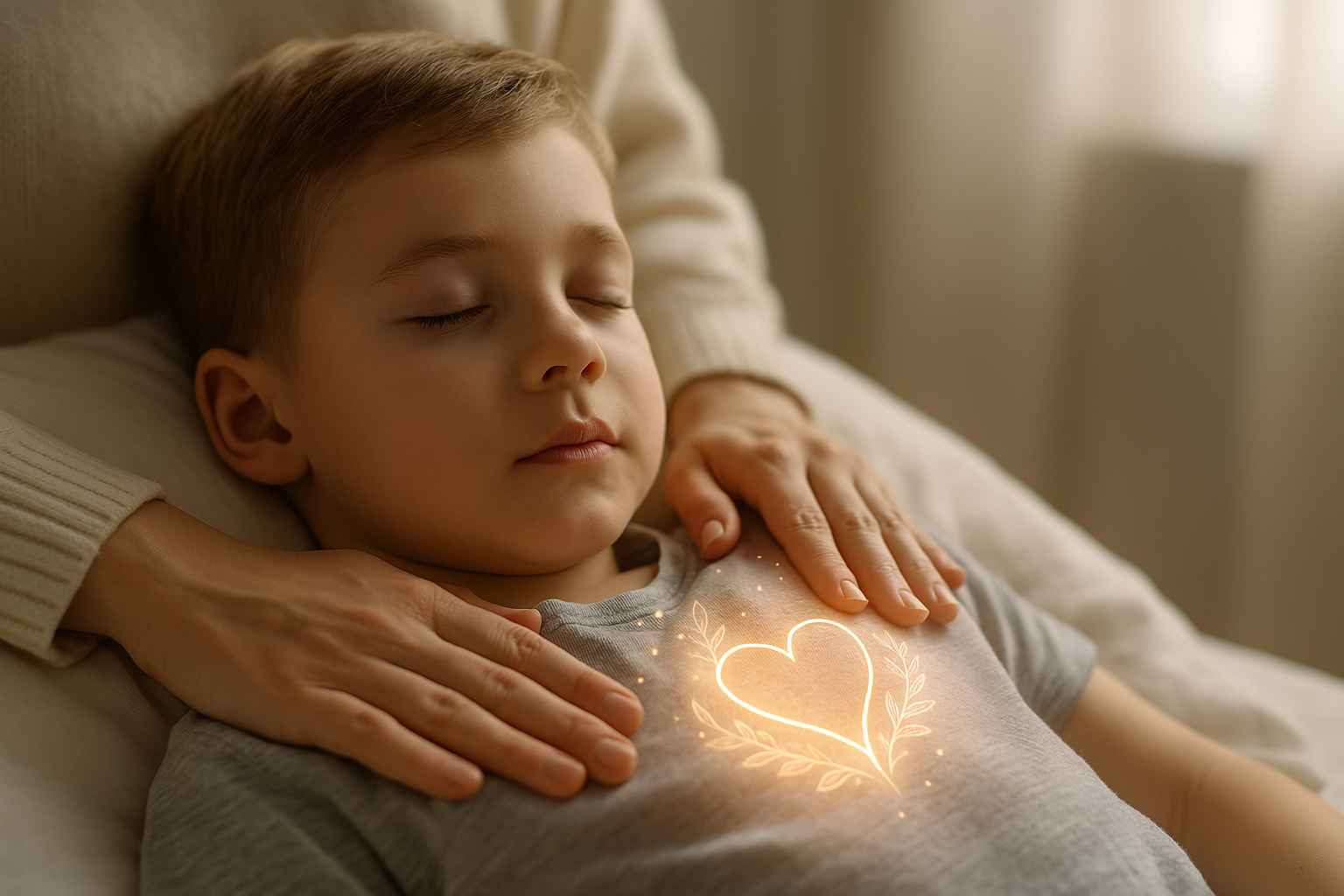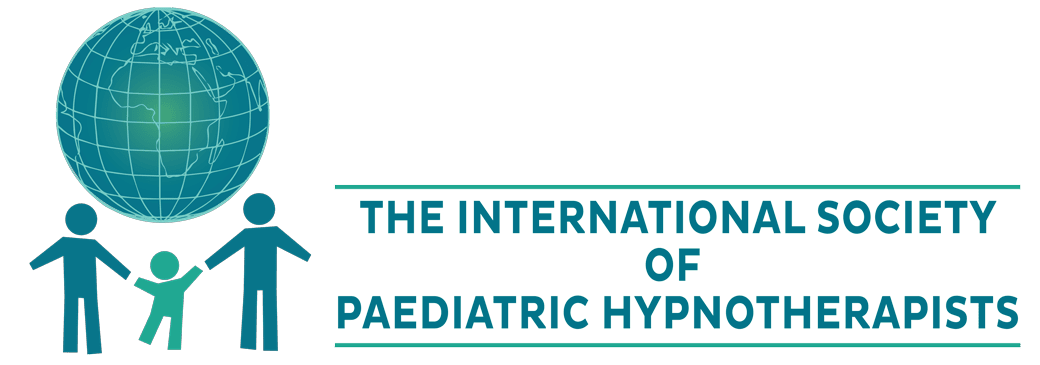Calming the Itch from the Inside Out
Children with chronic skin conditions like eczema and psoriasis face more than just physical discomfort. The persistent itch, the urge to scratch, the stares from peers, and the emotional distress that often follows can deeply affect a child’s wellbeing.
For many families, managing these conditions becomes a daily struggle involving creams, medications, and behavioural interventions, all with varying degrees of success.
However, research in a field known as hypnodermatology has shown promising results using hypnosis to help children manage their skin symptoms.
By targeting the mind-skin connection, hypnotherapy offers a way to calm not just the skin, but the thoughts and emotions that often exacerbate these conditions.

Understanding the Mind-Skin Connection
Skin is highly sensitive to emotional states. When a child feels anxious, frustrated, or overwhelmed, their nervous system can trigger inflammation, itching, and flare-ups. This is particularly true in conditions like eczema, which is known to worsen with stress. Hypnotherapy aims to interrupt this cycle by helping children regulate their stress response and reduce the psychological triggers that make symptoms worse.
Children with itchy skin often find themselves in a loop. The skin itches, they scratch, the skin becomes more inflamed, and they feel worse. The frustration and helplessness build. Hypnotherapy helps break this loop by introducing calming techniques and positive visualisations that reduce the urge to scratch and soothe the nervous system.
“It’s not about telling a child not to scratch, it’s about helping them feel so calm and in control that they no longer need to.”
Paul White – TISPH Founder
The Research Evidence
Although more large-scale studies are needed, existing research and clinical case reports show that hypnosis can lead to significant improvement in both the symptoms and emotional impact of skin conditions. Children who engage in hypnotherapy sessions often report reduced itching, fewer flare-ups, and improved sleep.
A 1995 study published in the Pediatric Dermatology journal investigated the use of hypnosis in both children and adults with atopic dermatitis. The findings suggested that hypnotherapy could reduce itching and promote healing by enhancing relaxation and altering the psychological responses that contribute to symptom flare-ups. The study concluded that hypnosis may be a useful adjunct in the treatment of atopic dermatitis when conventional therapies are insufficient.
What Hypnotherapy Sessions Look Like
In a typical session, a trained paediatric hypnotherapist will first help the child enter a calm, relaxed state. This might involve breathing exercises, listening to soft music, or imagining a peaceful place. Once relaxed, the therapist introduces imagery designed to help the child visualise healing, cooling sensations, or protective barriers on the skin.
For example, a child might imagine their eczema being gently cooled by a soothing waterfall, or picture their skin being coated in a soft, protective cloud that stops the itch from reaching the surface. These images are not just fantasy, they work by reducing stress hormones, slowing the scratch reflex, and giving the child a sense of control.
Sessions are collaborative and child-friendly. Children are encouraged to help create the imagery, which increases engagement and makes the techniques more effective. Many children enjoy the process and look forward to their sessions as a time to relax and feel empowered.
Benefits Beyond the Skin
The advantages of hypnotherapy go beyond reduced itching. Children often experience better sleep, reduced anxiety, improved confidence, and a more positive outlook on their condition. By focusing on what they can do, rather than what is being done to them, children feel less like patients and more like participants in their healing.
Parents also report feeling more hopeful and better able to support their child. When a child is calmer and more comfortable, family life improves. Routines become easier, bedtime is less stressful, and emotional outbursts may decrease.
Who Can Benefit
Hypnotherapy can be useful for children with a range of skin-related conditions, including:
- Eczema (atopic dermatitis)
- Psoriasis
- Chronic itching (pruritus)
- Dermatitis artefacta (self-inflicted lesions)
- Trichotillomania (hair pulling)
- Skin picking disorders (excoriation)
It is especially valuable for children who have tried other treatments with limited success or who are experiencing psychological distress related to their condition.
Finding the Right Support
As with any therapeutic approach, success depends on finding a qualified professional. Parents should seek out hypnotherapists with experience working with children and specific training in dermatological issues. Therapists certified by the International Society of Paediatric Hypnotherapists (TISPH) are trained to create child-centred, safe, and effective sessions tailored to skin conditions.
It is also important to work in collaboration with your child’s medical team. Hypnotherapy should complement, not replace, medical treatment. By integrating approaches, you give your child the best chance of long-term improvement and emotional resilience.
In Summary
Hypnosis for skin conditions in children is a gentle, empowering approach that can reduce physical symptoms and enhance emotional wellbeing. By targeting the stress response and encouraging the child to take an active role in their healing, hypnotherapy helps calm the itch from the inside out.
For parents who have watched their child struggle with skin conditions despite creams, medications, and endless advice, this approach offers a hopeful alternative. It is not a magic cure, but it is a meaningful step toward comfort, confidence, and calm.
Research Reference
Stewart, A. C., & Thomas, S. E. (1995). Hypnotherapy as a treatment for atopic dermatitis in adults and children. Pediatric Dermatology, 12(5), 452-455. https://pubmed.ncbi.nlm.nih.gov/7772485/
